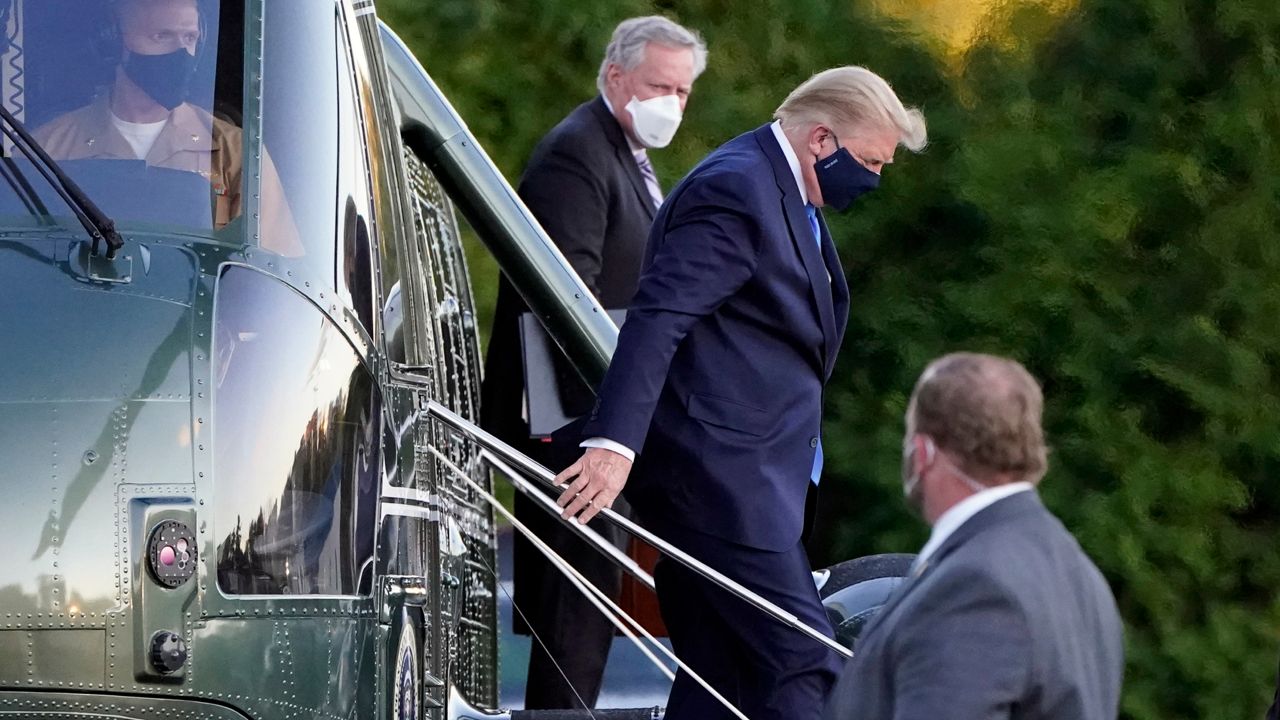Medical experts say President Trump's announcement that he has the coronavirus provides lessons for the rest of us.
First, everyone must be vigilant. The virus doesn’t discriminate.
"It doesn't matter what your station in life is, whether you are a New Yorker on the streets of New York or the president of the United States,” said Dr. Eric Cioe-Pena, Director of Global Heath for Northwell Health.
Second, a strategy like the president's that relies on testing to maintain your health is no match for the virus.
"So the president is regularly swabbed with these quick tests just to screen him to be negative and people around him as well. So every day in the morning, they say they are tested with this quick 15-minute test so they know immediately if anybody is infectious or positive around the president," said Dr. Dara Kass, Yahoo News Medical Contributor and Associate Professor of Emergency Medicine at Columbia University.
While testing highlights infection, it does not offer protection.
"The test doesn’t protect you from getting the virus. It doesn't protect other people from getting the virus. It is a surveillance tool that we are using in a very hyper-focused way for the leader of our government," Dr. Cioe-Pena said.
The problem is, there is a lag time between the moment someone is infected and tests positive. Because of the lag time, it is possible someone carrying the virus had a negative test, but still exposed the president to it.
It's why experts like Dr. Cioe-Pena say testing is inadequate without following some basic safety protocols. "Masks work. Social distancing works failure to follow those guidelines is at your own risk."
The president has rarely worn a mask at public events and, at Tuesday night's presidential debate, mocked former Vice President Joe Biden for routinely wearing them. Members of the president's family reportedly refused to wear masks as they sat in the audience.
What frequent testing can do is shorten the period of time someone like the president is infected and doesn’t know it, potentially limiting exposure to other people. But that's not enough.
"This isn't over. We are still susceptible to this infection and this virus and we need to behave in ways that we start to see infection rates go down," Dr. Cioe-Pena said.
The bottom line, says Dr. Cioe-Pena, is that everyone needs to take precautions, especially as colder weather returns and people spend more time indoors, increasing the risk of transmission.



